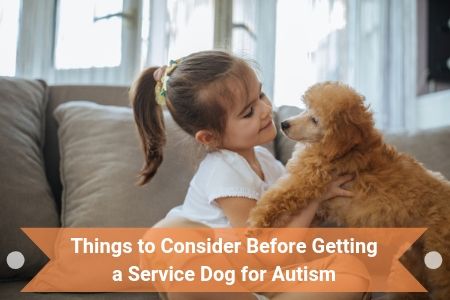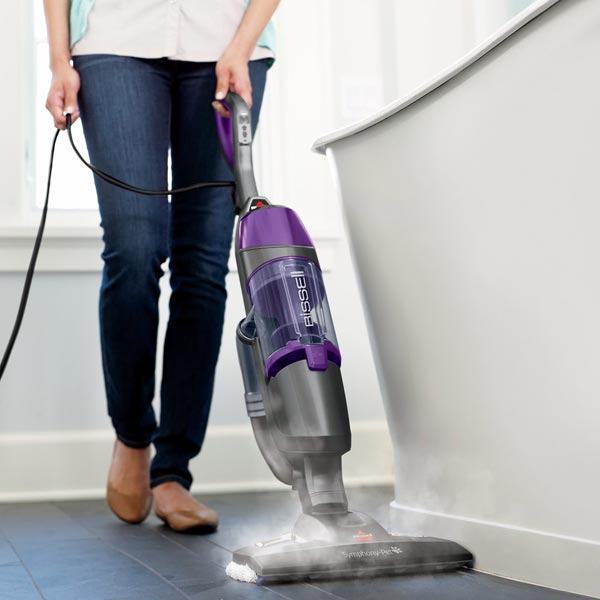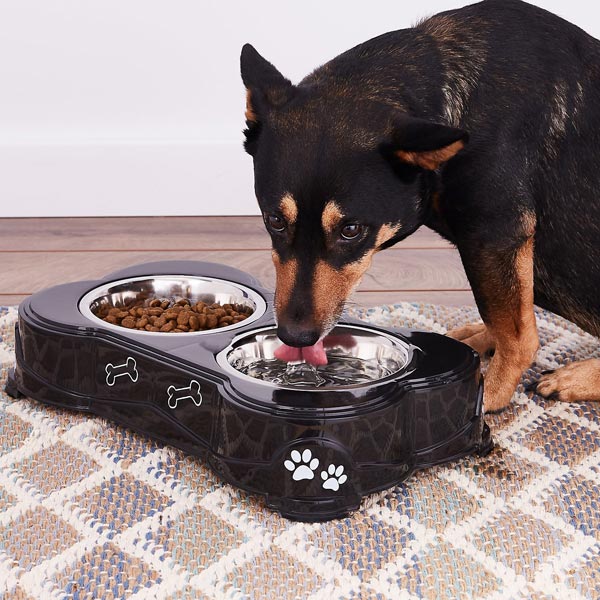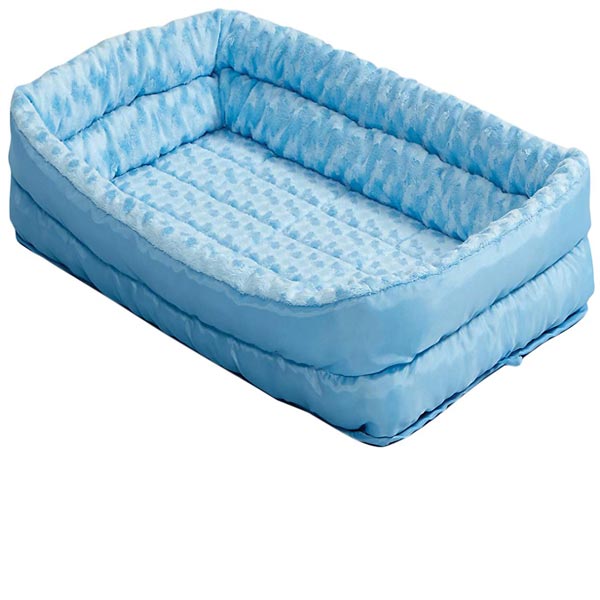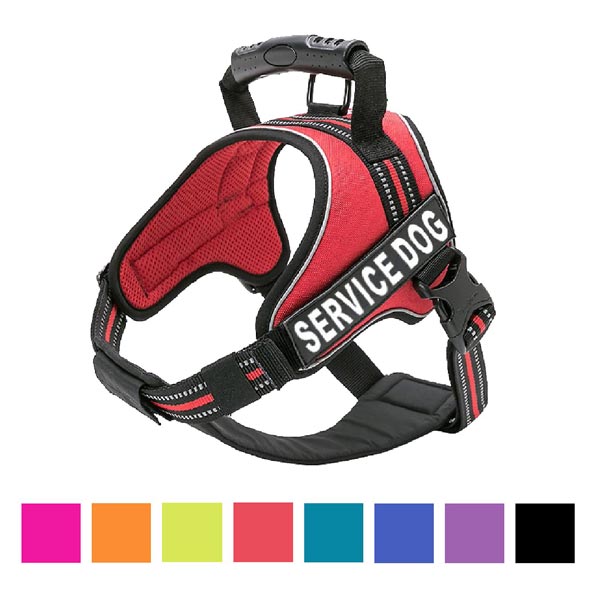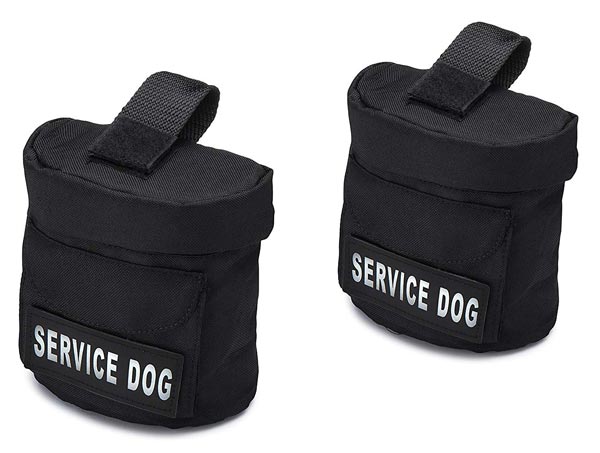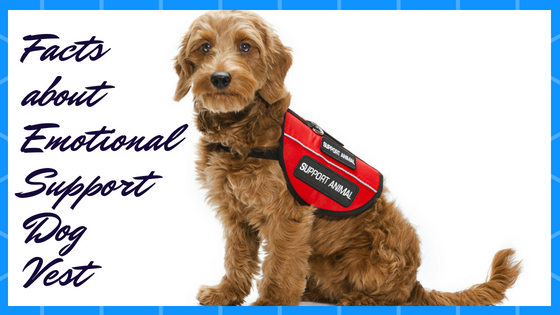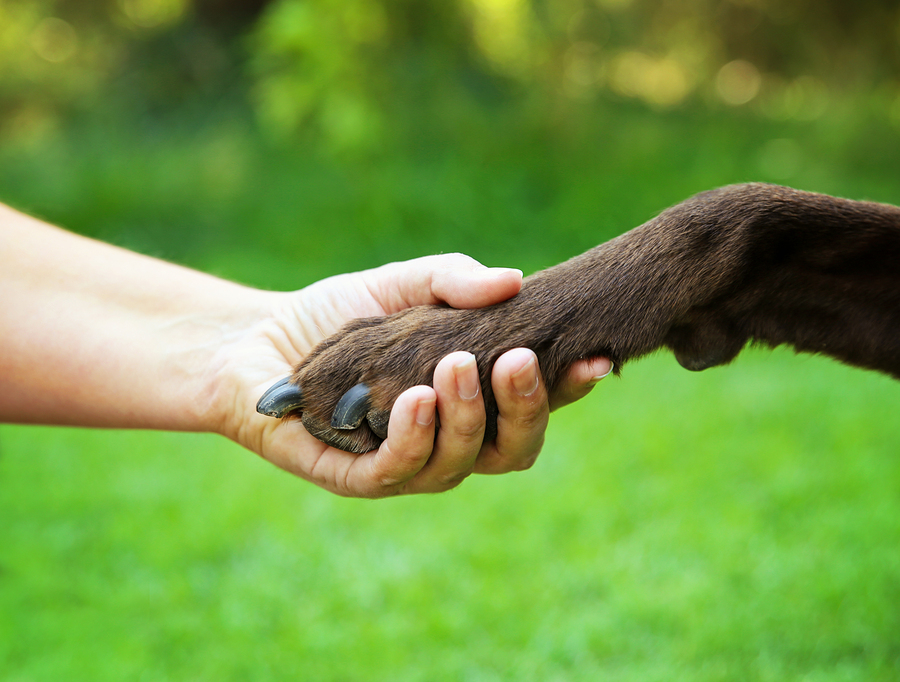Service dogs for both children and adults on the Autism spectrum are becoming more prevalent as people see how beneficial they can be to those who require extra support. Dogs were once only considered as a help for those who were visually impaired. Now they are expanding their repertoires by aiding those who have not only physical disabilities but mental and psychological ones as well.
For those on the Autism spectrum, a service dog can be a huge benefit. However, getting a service dog requires time, commitment, and money. Some things should be considered before you make the final decision to get a service dog for Autism.
What can Autism Service Dogs do?
What Should Be Considered in your decision to get an Autism Service Dog?

Sensory Understanding
People who are on the Autism spectrum are predisposed to what can be debilitating sensory issues. This can be a strong emotional and physical reactions to sound, light, touch, taste, or smell. If you think an Autism service dog would be helpful to a person on the spectrum, you need to consider these sensory issues.
Autism service dogs are wonderful if their person becomes overwhelmed by the noise or chaos of a public place. In these cases they will become the focus of calm and are trained to reduce the sensory overload. However, as calming as they can be, you must assess what type of dog you are choosing to meet those sensory needs.
While the dog may be calming when external stimulation starts, they may be problematic if the person who is on the spectrum has tactile issues. A dog with wiry hair or rough curls may not be helpful if the sensitivity to texture is a trigger.
You will also need to be aware of barking if the individual has noise sensitivity issues. Consider what pup is best to meet your particular sensory needs to make sure all service dog-related challenges have been considered.
Financial Implications
Service dogs of any kind are expensive compared to a regular pet. They require extensive training both before and after arrival with their handler. You will have to be willing to not only substantially invest financially with the dog but time-wise as well.
Service dogs can cost up to $10000 as they get ready to support their new charge. You as dog’s family will be required to pay for food, medicines, vet bills, and training as your service dog progresses. You must consider the financial costs if you are going to have a service dog in your family.
However, even if you think you can't afford a service dog but need one, many organizations will help you. This help can be by offering ideas for fundraising or subsidies through funds they have raised for those who may not be able to afford a dog. You will still be expected to participate financially, but there may be help with that burden. Finances should be part of your consideration.
Is a Service Dog Right for the Individual’s Needs?
Most people on the Autism spectrum have varying needs, which means the dog they have as support will have to meet those needs. This means that training cannot be cookie-cutter for each dog. They will need to be trained in specific ways that are individually defined.
You will need to consider the size and type of dog along with their breed characteristics to assess what will work best for the individual who is on the spectrum. What traits match the person who will use the service dog? They need to fit together.
High-Functioning Autism
For people who are still highly functional but experience some syndromes of the autism spectrum, it may be unnecessary to get a certified service dog. Both children with autism as well as adults who have HFA can benefit from having an emotional support animal, which may be support dogs or simply companion dogs.
A child with autism, provided that it is HFA, can use an emotional support dog from an early age. This will improve their social interaction skill and help their mental health. These dogs can even be the basis for their behavioral treatment.
Adult Autism and Autistic Children
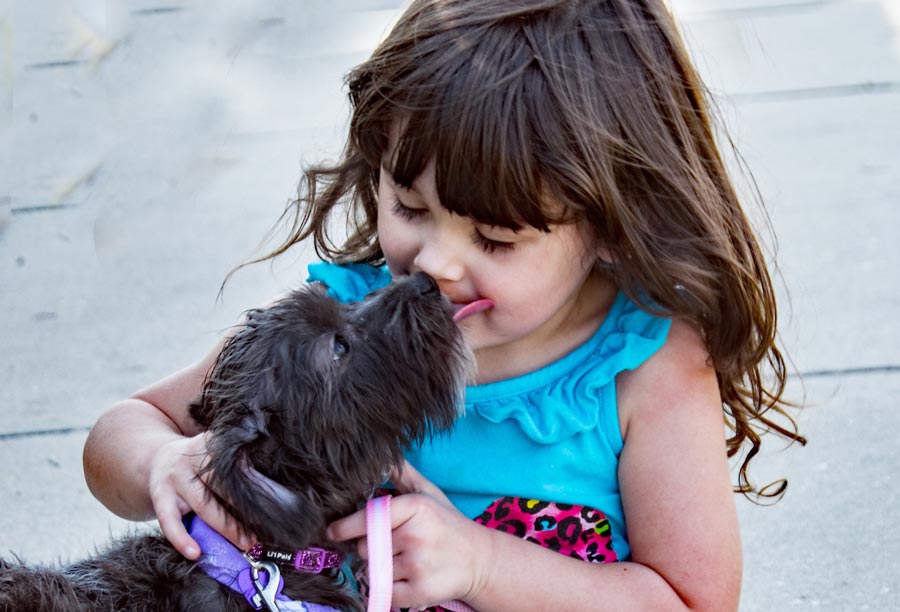
People with autism who have difficulties resolving everyday problems and need general living assistance would benefit from having a fully trained service dog. This dog can still provide emotional support, but will also ensure the child’s safety.
For adults with autism, a service dog can also be used as an addition to their therapy. Additionally, trained dogs can alarm helpers and caretakers if there is an issue and that the person has an anxiety attack or is in some other sort of trouble.
Is the Whole Household Ready for an Autism Service Dog?
Product Image | Product Name | Buy Now |
|---|---|---|
Bissell Symphony Pet All-in-One Vacuum & Steam Mop | ||
Loving Pets Dolce Double Diner Pet Dish | ||
MidWest Quiet Time Fashion Plush Double Bolster Pet Bed & Crate Mat | ||
Chai's Choice Service Dog Vest Harness | ||
Industrial Puppy Service Dog Harness Saddle Bag |
While the person on the spectrum may be looking forward to the support from a trained service dog, be sure the rest of the household is on board as well. You need to consider the others in the home who will be affected by the new member of the family.
If people have allergies, you will need to make sure the extra hair and dander are cleaned up with something such as a special pet Vacuum and Mop You pet will need appropriate items such as food, bowls, beds and grooming tools to help maintain a healthy and clean household. Its important the rest of the family feel comfortable and supportive of your new companion. If your new service dog is comfortable and other concerns are met, then an Autism service dog should fit in nicely.
Aside for the basics household items your service dog will need, you will also need proper attire such as a Service Vest/Harness that will make it very clear to others outside the home that the dog is busy working and not free to be pet when they are out and about. This type of harness can be labeled with additional Saddle Bags that state they are a working dog and also allow for the person with Autism to carry items that may be of extra help.
Conclusion
The increased use of service dogs to support those on the Autism spectrum is wonderful but also has some significant issues to be considered. If you are thinking about getting an Autism service dog, make sure you have considered all the secondary things that might crop up after making the big decision. Make sure your support, time, and money are all used wisely to maximize the great things they can do as service dogs.


